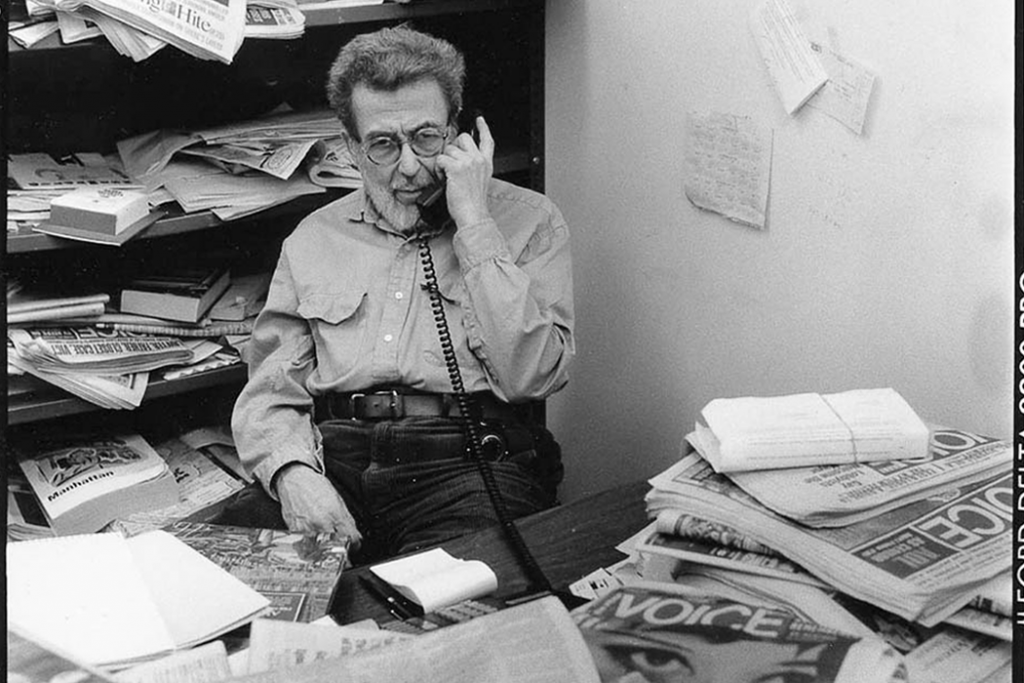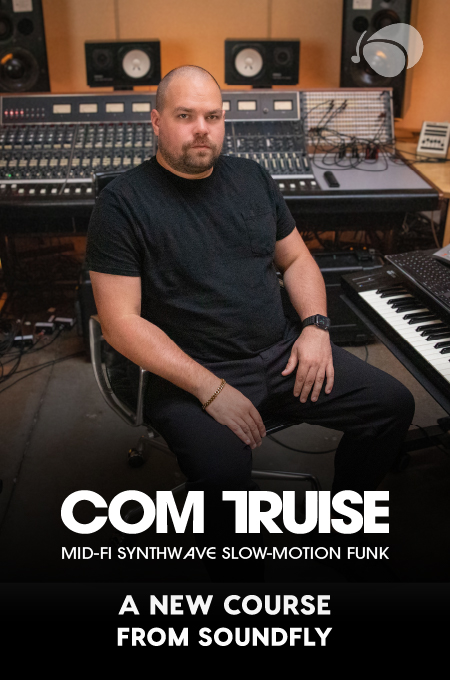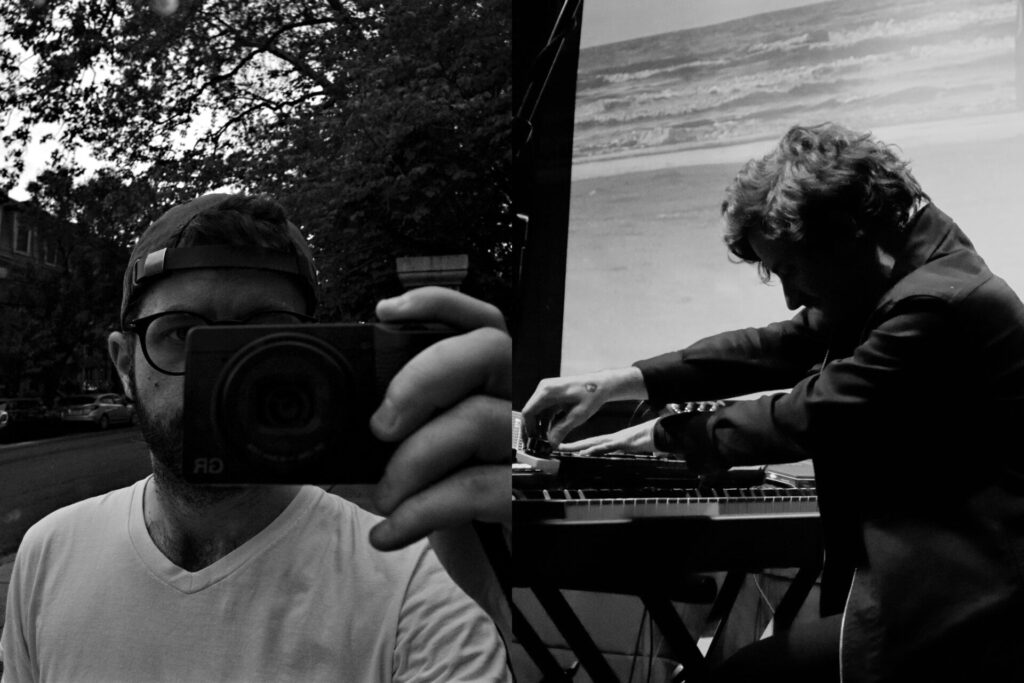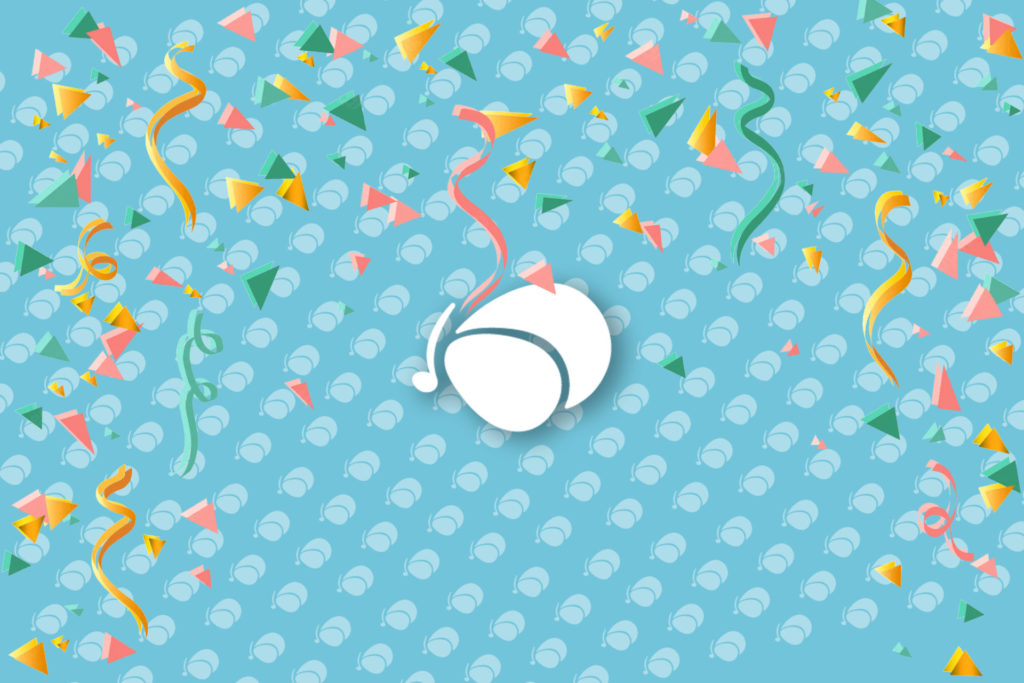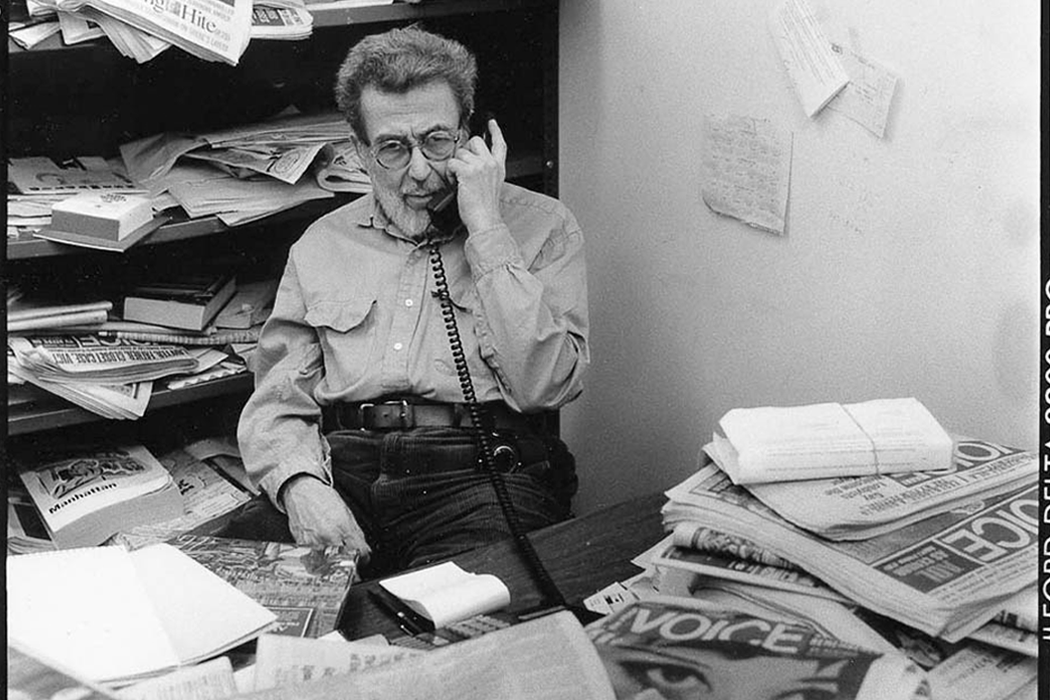
By Sarah Manning
In an interview with the Rutherford Institute in 2012, journalist, author, and jazz critic Nat Hentoff told interviewer John W. Whitehead about some advice Duke Ellington had given him. “Look. Do not categorize about music. You take each musician at the time and open yourself to that musician.” That’s exactly what Nat Hentoff did for me, when he listened to my music and wrote the liner notes for my debut album in 2003 as an alto saxophonist and composer.
I was 27 years old and a complete unknown. I sent an email to Nat Hentoff’s address at JazzTimes to see if he would consider writing the notes for House on Eddy Street. Was that a little crazy? Perhaps. I only had to look at my album collection to find examples of his liner notes for so many of the greats in jazz history. John Coltrane. Booker Little. Charles Mingus. He even wrote liner notes for Bob Dylan’s second album.
He wrote a regular column for JazzTimes called Final Chorus, and publisher Lee Mergner was kind enough to reply to my query to let me know that Mr. Hentoff didn’t use email, and instead provided his address and phone number. I nervously overnighted my album and a rather bold letter. The very next day I came home to a voicemail. “It’s Nat Hentoff. You’ve got it. You’ve got the signature sound,” he said, and invited me to call back. I was elated, thrilled, and a little scared.
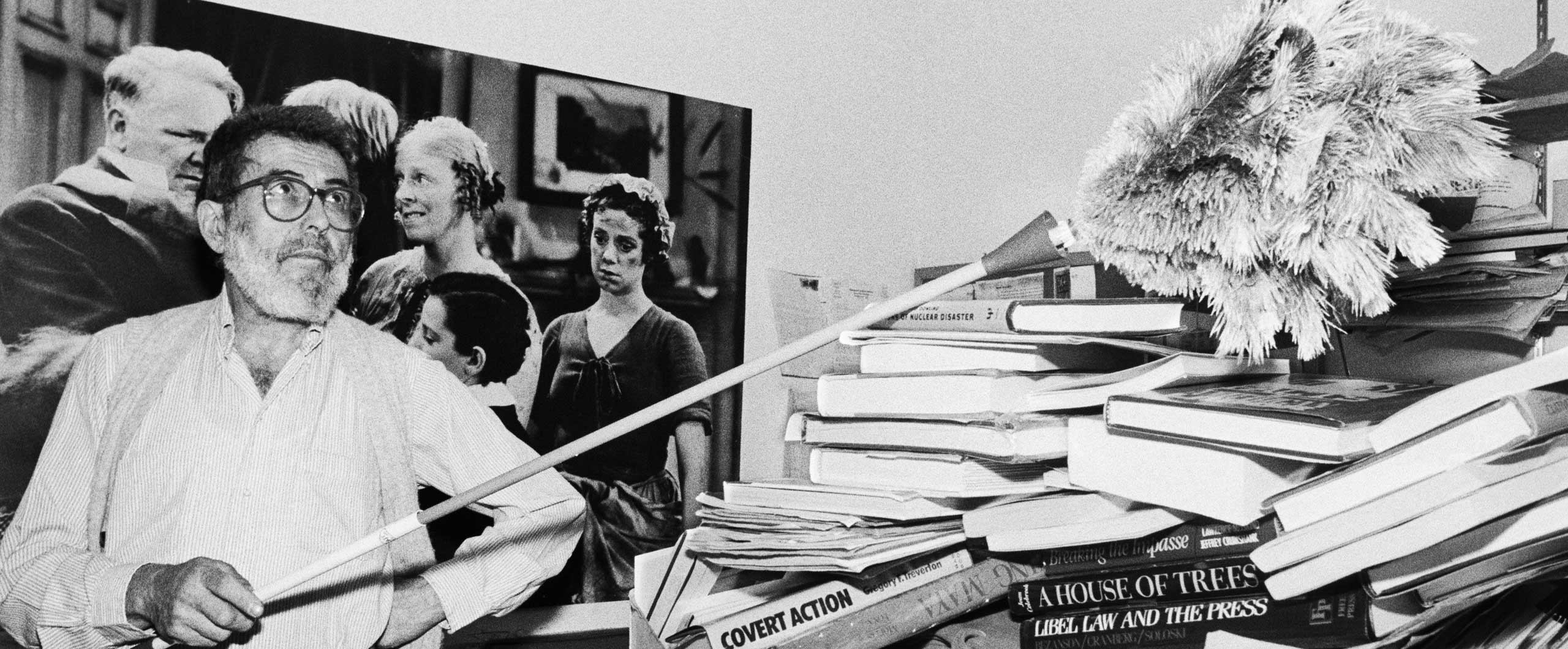
As a woman instrumentalist in the male-dominated field of jazz, there have been many times I’ve felt invisible. Nothing illustrates this more clearly than when I was a senior in high school and bassist Buster Williams gave a master class to our jazz combo.
He walked past me to introduce himself to the male tenor player first, then came back and asked me a simple question in front of the audience.
“Who are you holding your horn for?”
“Nobody, it’s mine,” I said.
“Well what do you do with it?”
“I play it,” I naturally replied.
“Well, play something, then!”
While I never had the chance to ask him directly, I think that Mr. Hentoff and I would agree that at the heart of jazz music is the search for a unique voice on your instrument. A search for a signature sound that evokes the musician within the first few notes, and speaks to a depth of self-expression hard won in a world that promotes homogeneity.
When Hentoff listened to me for the first time, he put aside all expectations, categories, and stereotypes and took my playing at face value. I am immensely grateful for that, and his belief in my evolution as a musician has been no small part of what keeps me going today. In my liner notes, he mentioned the “obbligato of disrespect for women musicians in too much of the jazz scene,” and he devoted many words to elevating women players, including a profile of saxophonist Hailey Niswanger in The Wall Street Journal in 2009.
Being an artist means taking the risk of sharing your work with those you most respect and admire, even if that is terrifying. The liner notes, typed on his electric typewriter and marked up by hand with corrections, are a treasure to me, as were our brief conversations over the years.
I wrote him letters — the lengthy musings of a very young musician figuring out how to approach the world — and we spoke on the phone a few times. Once, he couldn’t reach me and mailed me a handwritten note sent in a Village Voice envelope to tell me to call him.
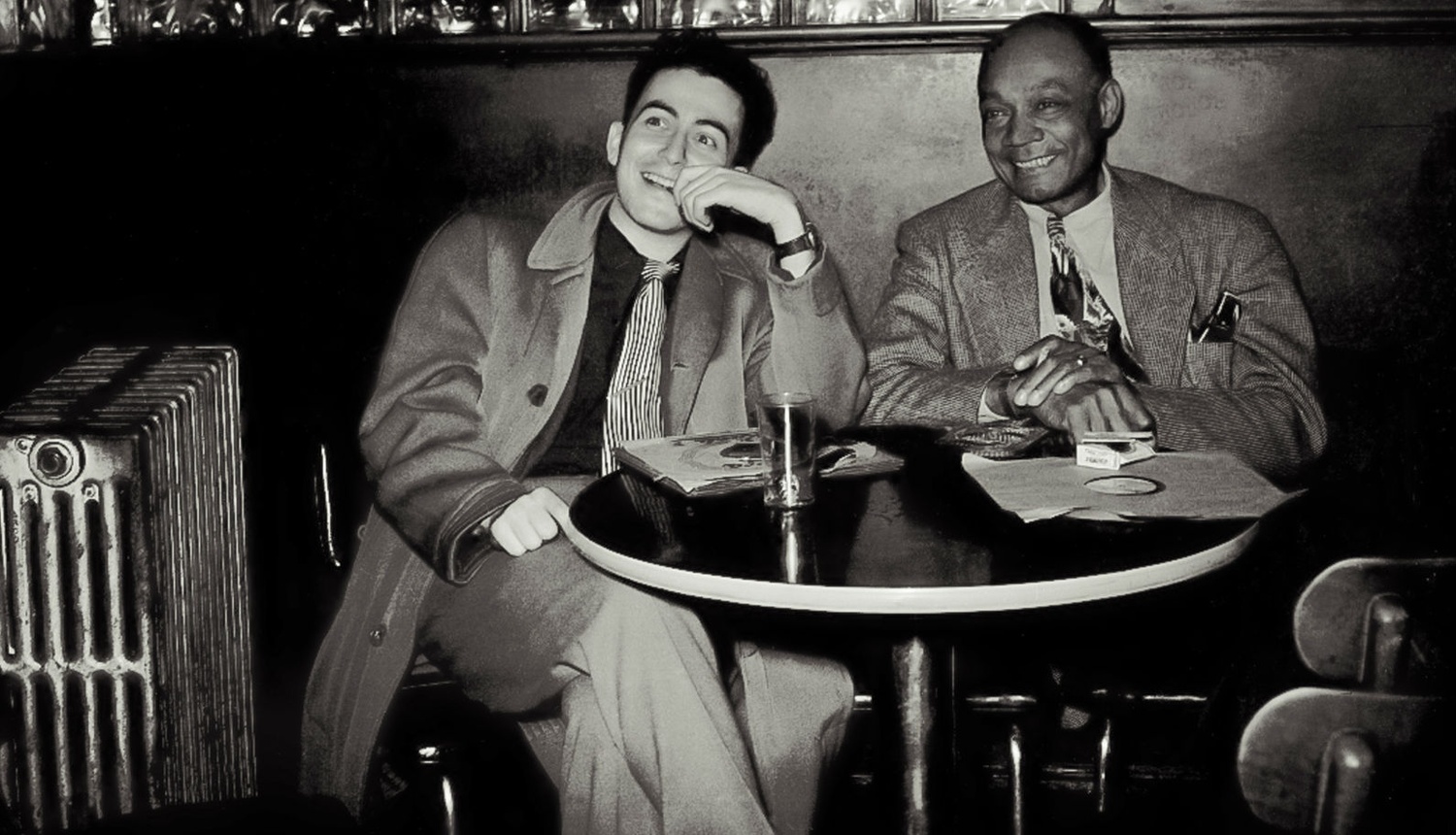
+ Read more on Flypaper: “Are There ‘Happy’ Blue Notes? Well, Maybe…”
In one of my musings to Hentoff, I noted that when my phone wasn’t ringing, I had to learn to dial out. I learned how to send out press kits, compose press releases and develop a strong connection with fans by sharing my creative process. It wasn’t easy or natural, but the DIY scene was in full swing, full of advice and resources to discover.
I remember getting a call from Mr. Hentoff when I was at work as a private secretary, the world of music colliding with file folders and bookkeeping. He told me that he’d read a great article about me on a Russian website based in Minsk. “My mother was from Minsk!” he said enthusiastically. I had to tell him — embarrassed on the one hand and pleased as a writer on the other hand — that I’d written the article. It was a press release I’d sent out that got republished.
Our one officially scheduled lunch at The Knickerbocker was cancelled, last minute, due to his work writing about the crisis in Darfur and the Constitution. I regret that we never got to meet face-to-face, but will always carry my memories of our interactions with me.
+ Read more on Flypaper: “Uncovering the Jazz Influence in Pop, Rock, and Hip-Hop Classics”
In one letter I wrote to him in 2005, I said, “Your liner notes have helped me enormously and are like a secret weapon to keep me going in my part-time secretarial job, which I am plotting to relinquish some time this year.” Indeed, even in an unfavorable review I received for my second album, reviewer Steve Greenlee wrote, “Hell — Nat Hentoff likes her… And what better endorsement can one get?”
So back to Duke Ellington’s advice: Maybe Hentoff was so good at listening beyond category because he was beyond category himself. His signature sound as a writer? Unmistakable.
Thank you, Nat Hentoff.
Nat Hentoff (June 10, 1925 – January 7, 2017), was an influential American historian, novelist, and music critic whose writing appeared in columns for publications such as The Village Voice, The Wall Street Journal, Down Beat, JazzTimes and The Washington Times. He was also published by The New Yorker, The New York Times, The Washington Post and The New Atlantic among others.
—

Sarah Manning is a saxophonist, composer, and artist empathist. She fights for creative sustainability by building empathy between artist and fan through performing, writing, and speaking. She has released four critically acclaimed albums and currently leads the band Underworld Alchemy with Briggan Krauss on guitar, Simon Jermyn on electric bass, and Gerald Cleaver on drums. Her most recent release, Harmonious Creature (Posi-Tone 2014) received 4 stars in Down Beat Magazine and was chosen as a top ten Jazz album of 2014 by the LA Times. In addition to a Fellowship in Composition from the MacDowell Colony in 2012, she has received grants from the Northampton Arts Council and the Puffin Foundation to support performance residencies that break down the barrier between artist and audience. Follow her on Twitter @artistempathy.
